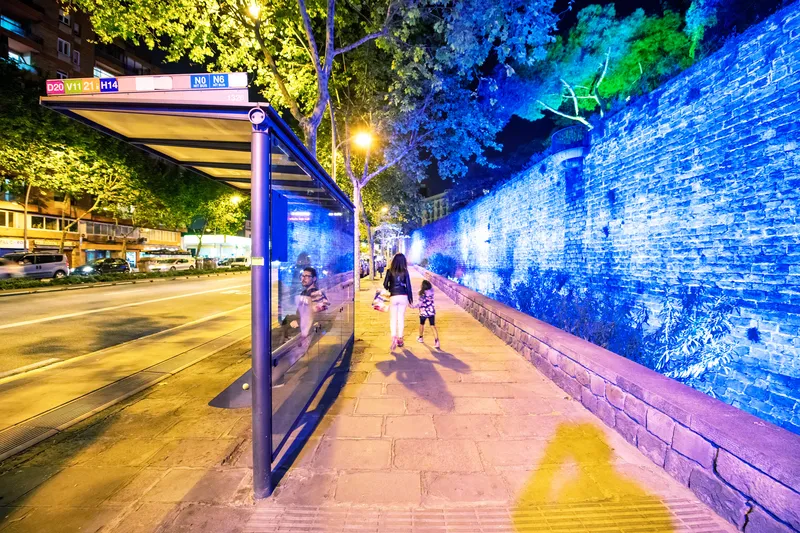Bombardier will design and supply the mechanical and electrical elements for the two monorail lines and deliver a combined total of 72 four-car Innovia Monorail 300 trains equipped with Bombardier Cityflo 650 automatic train control technology for driverless operation. The contract with NBM comprises the new 34.5 km Khae Rai-MinBuri (Pink) Line to operate with 42 train sets, while, for EBM, the contract includes 30 train sets for the 30.4 km Lat Phrao-Samrong (Yellow) Line. The contracts also include project management, systems engineering and integration, testing and commissioning for the new trains and systems.
Operating in the city’s northern and eastern areas, the monorails will integrate with the existing transportation network and run at speeds up to 80 km/h with a maximum capacity of over 28,000 passengers per hour, per direction.
Bombardier wins contracts for the first monorails in Thailand
Bombardier Transportation has been awarded two contracts for its Bombardier Innovia Monorail 300 system for two mass rapid transit lines in Bangkok. The contracts are with Northern Bangkok Monorail (NBM) and the Eastern Bangkok Monorail (EBM), responsible for the turnkey construction and 30-year concession of the new, elevated lines. Bombardier will design and supply the mechanical and electrical elements for the two monorail lines and deliver a combined total of 72 four-car Innovia Monorail 300 trains equi
August 14, 2017
Read time: 2 mins









